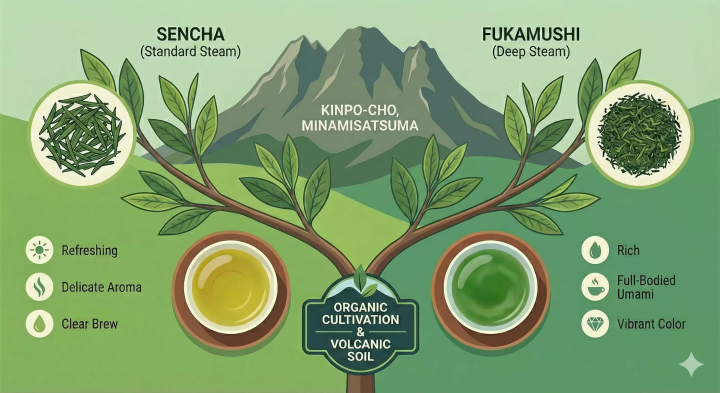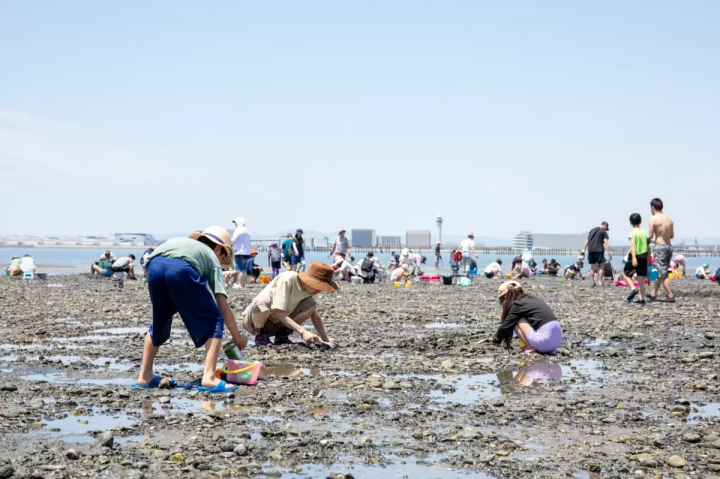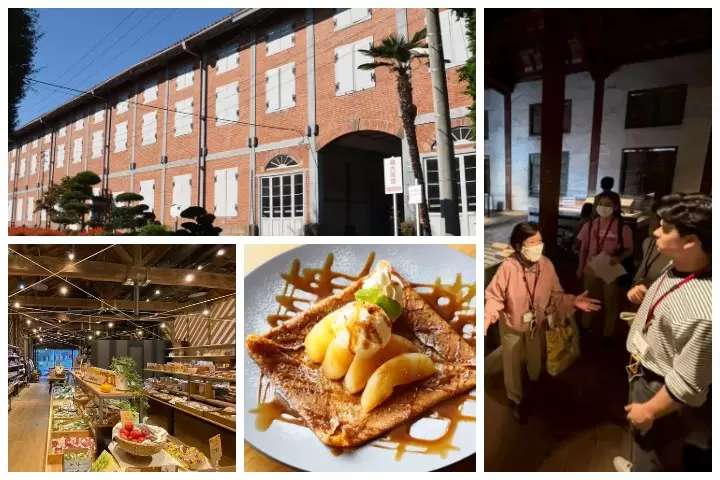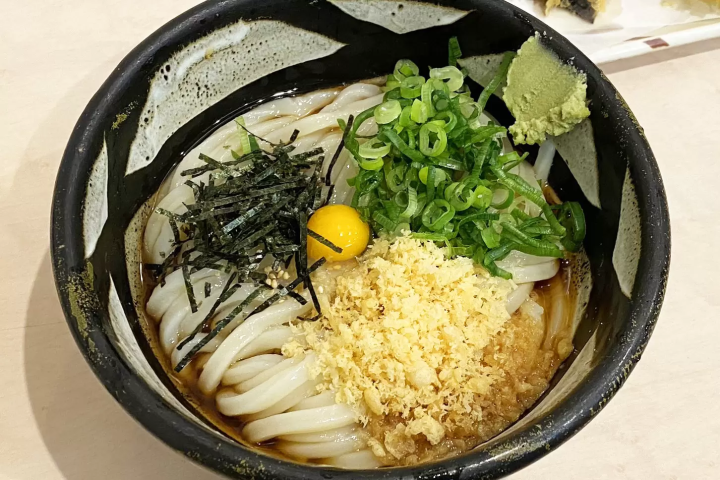Okayama and Kurashiki's popular sightseeing and shopping course

Enjoy your trip to Japan by touring Okayama 's most popular tourist spots, including Kurashiki , shopping, and sightseeing in Osaka.
3 Tomari, 4 days
In Hiroshima/ Out Kansai International Airport
Stay in Hiroshima City
Stay in Kurashiki City
Stay in Okayama City
Spots introduced in this itinerary
Okayama Prefecture is located in the Center of Western Japan and is known as the "Land of Sunshine" due to its warm climate and little rain throughout the year. It's conveniently located halfway between famous tourist destinations like Kyoto, Osaka, and Hiroshima! It's also the gateway to Shikoku via the Seto. Okayama is also known as the "Fruit Okayama," and the fruits that are sun-drenched in the warm climate of the Setouchi are of the highest quality in terms of sweetness, aroma, and flavor. You can enjoy seasonal fruits such as white peaches, Muscat grapes, and Pione grapes! Okayama is also home to world-class tourist spots, including Okayama Castle, Okayama Korakuen Garden, one of Japan's three most famous gardens, and Kurashiki Bikan Historical Quarter, which boasts history, culture, and art!
The contents on this page may partially contain automatic translation.








































